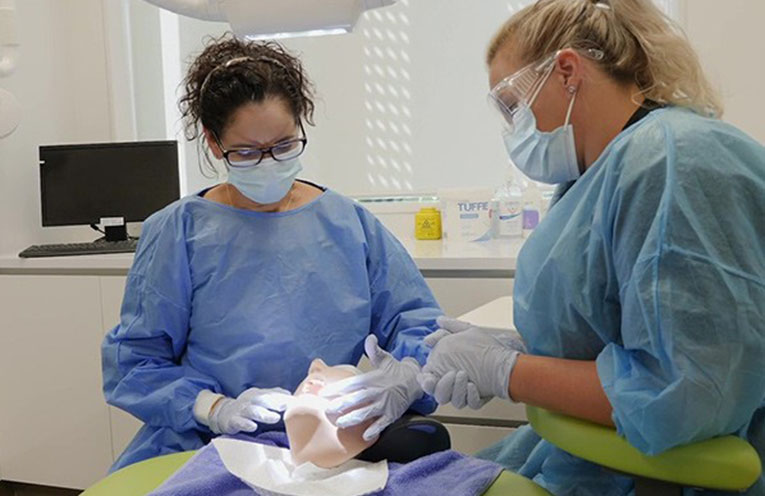
THE NSW Government intends to undertake new reforms to the VET sector, as part of accepting and implementing all five recommendations from the Gonski-Shergold Review of the NSW Vocational Education and Training (VET) sector.
Following the review, the NSW Government has committed to establishing Careers NSW to provide career guidance to NSW residents at any stage of their career, establishing an entirely new Australian tertiary institution known as NSW Institute of Applied Technology (IAT), advocating for the establishment of VET student loans, similar to the Higher Education Contribution Scheme (HECS), and continuing to work with the Federal Government on the scheme.
 Advertise with News of The Area today.
Advertise with News of The Area today.It’s worth it for your business.
Message us.
Phone us – (02) 4981 8882.
Email us – media@newsofthearea.com.au
The State Government intends to advocate for an income-contingent loan scheme for Certificate III and IV to be introduced to achieve parity between university and VET sectors to increase student access and remove financial barriers for people studying VET qualifications.
The State Government has also committed to improving the quality of vocational education available in high schools including increasing the number of vocational courses incorporated in the calculation of the Year 12 ATAR, providing more opportunities for externally delivered VET, enhancing the number of school-based apprentices and trainees, and consulting with industry experts on VET course curriculums.
NSW Premier Gladys Berejiklian thanked David Gonski and Professor Peter Shergold, who led the extensive review into the VET sector.
“Mr Gonski and Professor Shergold have provided the Government with new and innovative recommendations to ensure our training industry remains at the cutting edge and is relevant to a post COVID-19 economy,” Ms Berejiklian said.
“The Government’s record $107 billion spend in infrastructure has created a huge demand for tradies but we also need to upskill the workforce for emerging industries like 3D printing, robotics and other technology industries.
“If we are serious about having the best skilled workforce in the world, we have to do things a bit differently.”
The NSW Government will use the report’s findings to advocate for the Commonwealth’s VET Student Loan scheme to be expanded to put VET study on an even financial playing field with university studies.
The IAT will be a new model of tertiary education that will fully integrate the theoretical study of university with the practical training of vocational education.
Students will be able to study flexibly, for example a student can complete a Certificate IV in year one, progress to a Diploma in year two and have the option of achieving a Bachelor in Applied Technology in year three.
Minister for Skills and Tertiary Education Geoff Lee said the recommendations would elevate the NSW VET system to an enviable standard.
“Our VET sector has already led the way in training frontline workers who have safeguarded our economy from the effects of a global pandemic and today’s announcement will further bolster the sector to a world-class standard,” Mr Lee said.
“The report highlights the skills industry needs are evolving and our VET sector must continue to evolve and remain accessible to ensure the people of NSW continue to undertake vocational education to drive NSW forward.”
Mr Gonski said the recommendations were developed with a number of stakeholders.
“Consultation was undertaken with academics, industry associations, government and non-government school sectors and training providers to provide a holistic review of the challenges the sector is facing,” Mr Gonski said.
Professor Shergold said the recommendations would also seek to enhance the status and improve the quality and accessibility of vocational education in high schools.
“Furthering the relevance and breadth of VET available in high schools is a significant step towards getting students interested in pursuing a vocational career,” Professor Shergold said.
By Emma DARBIN
